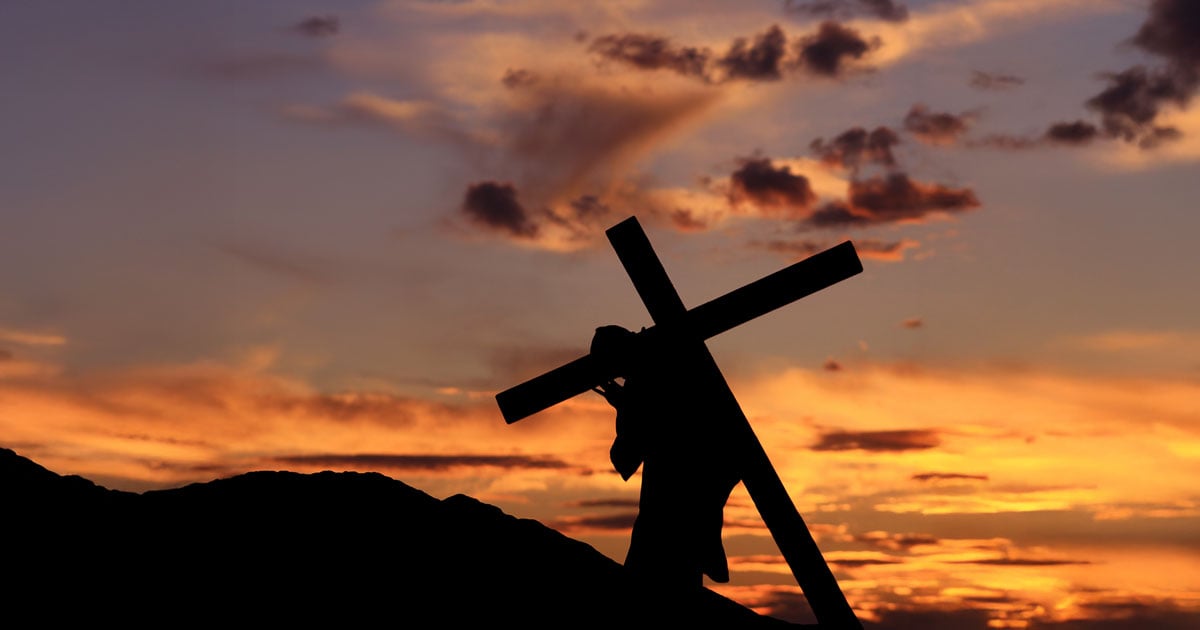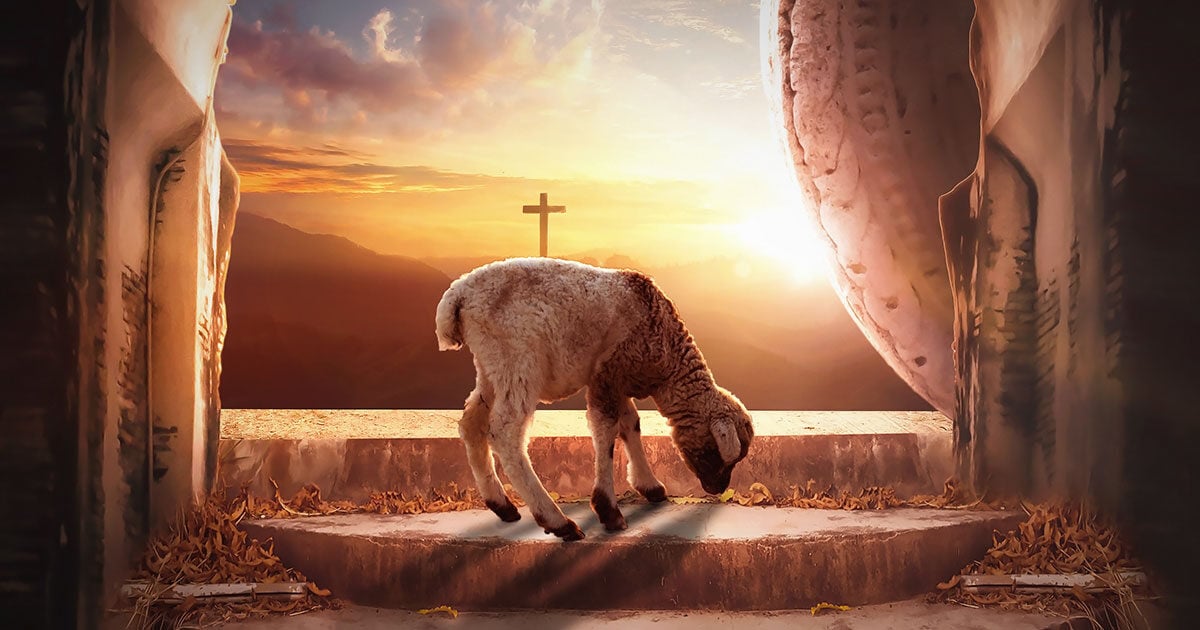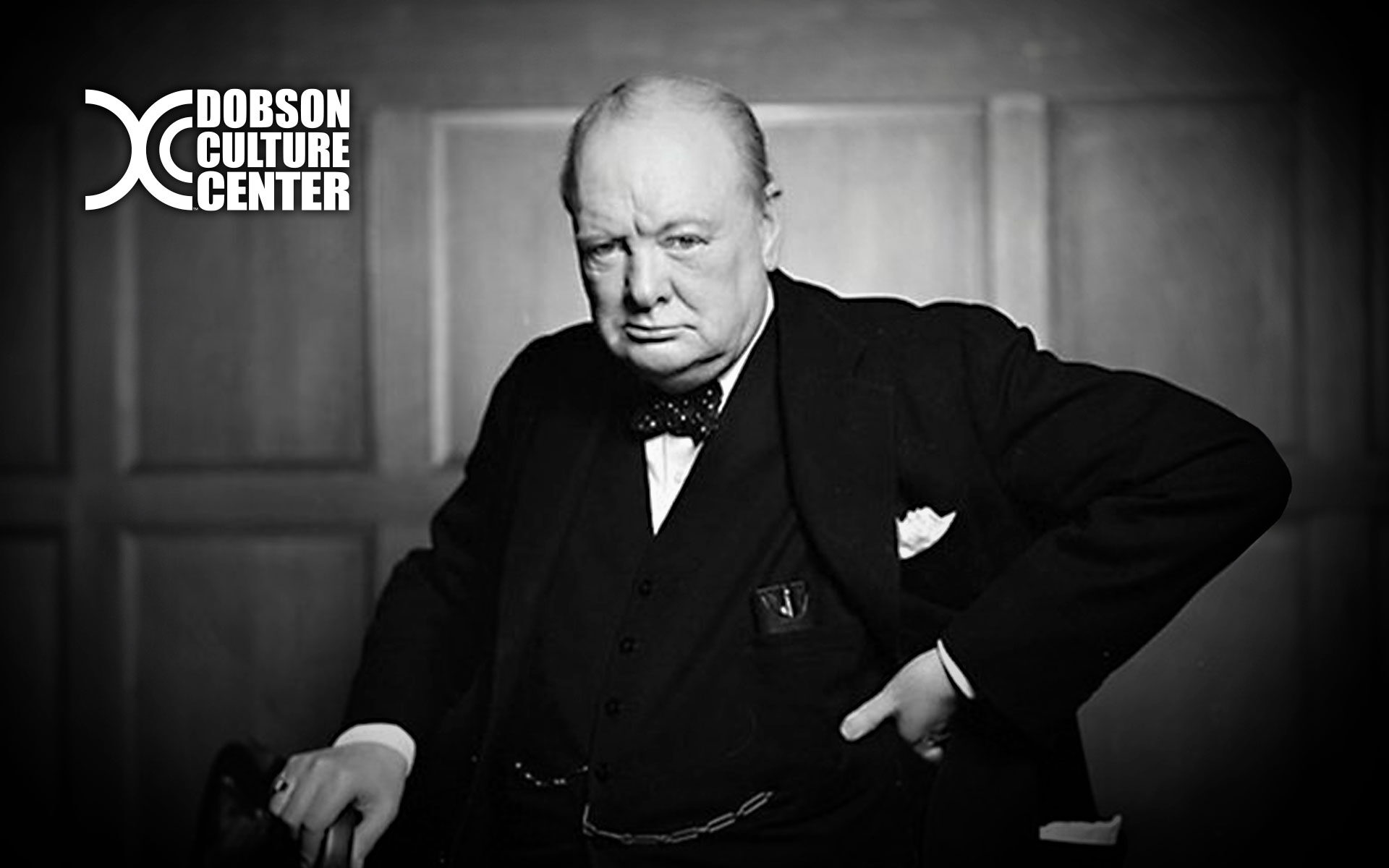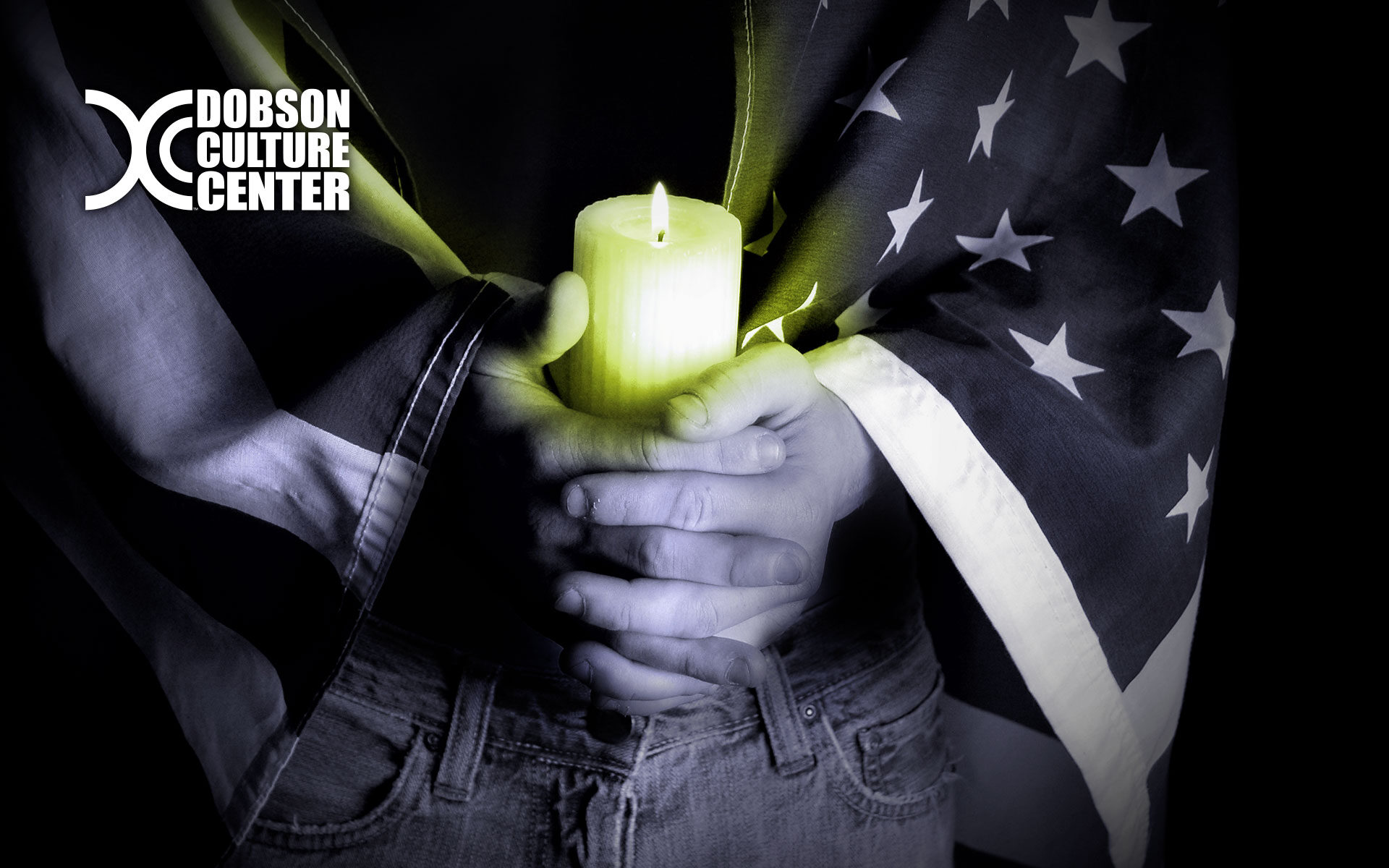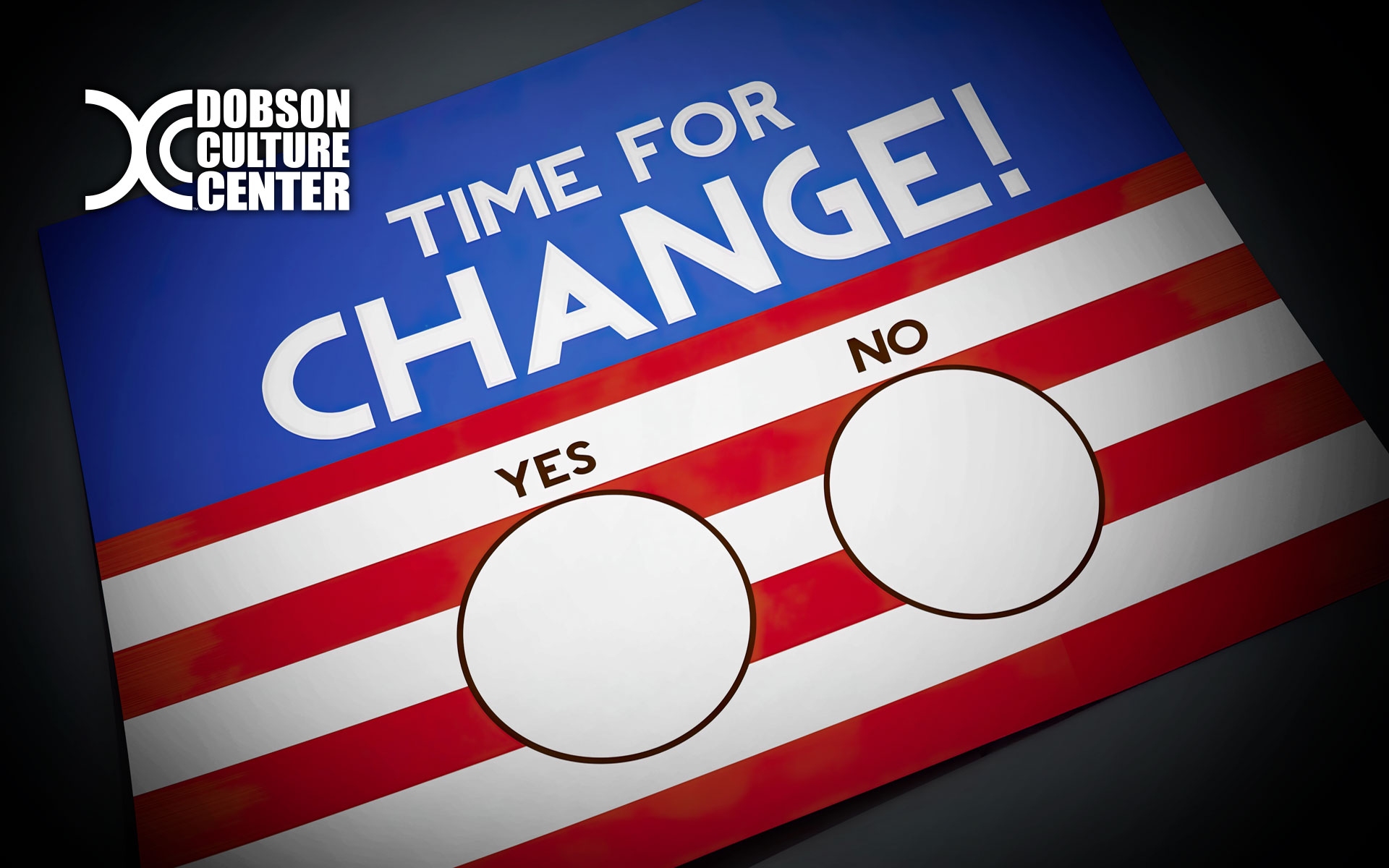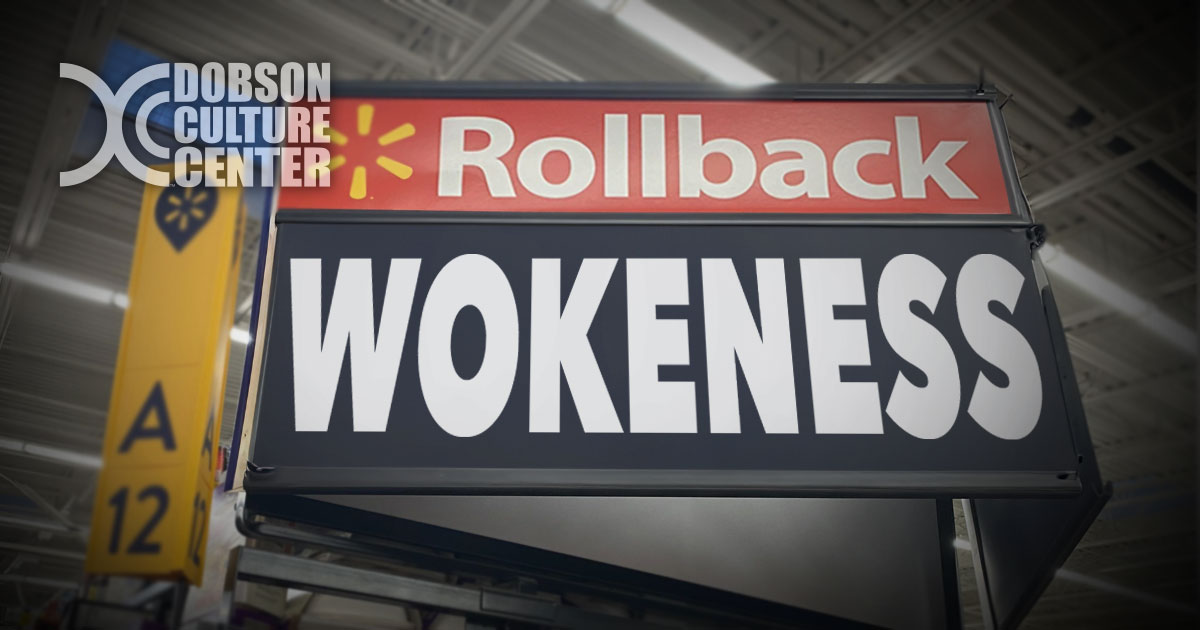In a recent podcast interview with Tucker Carlson, an avocational historian, Darryl Cooper, addressed World War II. The topic is not unusual; World War II continues to draw immense attention for many reasons.
What was unusual? Cooper argued, with a wry smile on the conservative outlet, that Churchill was "the chief villain" of the war—basically a "psychopath" who wanted millions of men to bleed in a needless war.
The bizarre interview has offered Christians a good chance to think about Churchill afresh. He did not (to our knowledge) confess to being a born-again Christian, though he and Billy Graham had an extended spiritual discussion late in Churchill's life. In his religious system, Churchill, it seems, primarily believed in the civilizational power of Christianity.
Churchill was, nonetheless, a hero. He was a common grace presence, a rare public figure willing to call out Hitler in the 1930s. Churchill tried over and over to forestall World War II. Sadly, his warnings about the German military buildup and the vicious anti-Semitic ideology Hitler promoted at every turn went unheeded.
As Hitler's war machine advanced at terrifying speed, many in Britain thought the best course of action was to seek terms with the insane tyrant. Churchill, "The Last Lion," was no appeaser. When he took office in May 1940, he knew Britain had only one option to avoid extinction: resistance. History has proven Churchill abundantly accurate in relentlessly pursuing that policy.
Churchill's brave stance is not an artifact of history. It is a ringing bell of warning that reminds us that we must continually fight for and defend the democratic model of civilization. Against the monstrous tyranny of Nazism, Churchill honored democracies for, in them, the people's voices were heard.
In the House of Commons on October 31, 1944, Churchill said, "At the bottom of all the tributes paid to democracy is the little man, walking into the little booth, with a little pencil, making a little cross on a little bit of paper — no amount of rhetoric or voluminous discussion can possibly diminish the overwhelming importance of that point."1
That statement is not merely admirable; it is a call to arms—specifically, a call to vote and a reminder to the church: fight for all that is good, true, just, and beautiful in our civilization through the ballot "booth."
When we are tempted to give in and allow despair to win victory over our hearts and minds, we should recall a second Churchill statement (1941): "Never give in, never give in, never, never, never, never— in nothing, great or small, large or petty — never give in except to convictions of honour and good sense."2
The spirited charge reminds us of the truth about a far greater hero, the true hero, "Jesus Christ the righteous" (1 John 2:1).
"The light shines in the darkness, and the darkness has not overcome it" (John 1:5).
And it never will.
1. Winston Churchill and Martin Gilbert, Churchill: The Power of Words: His Remarkable Life Recounted through His Writings and Speeches (London: Bantam, 2012), p. 342.
2. Winston Churchill, Never Give in!: Winston Churchill’s Speeches (London: Bloomsbury Publishing, 2014), p. 265.



